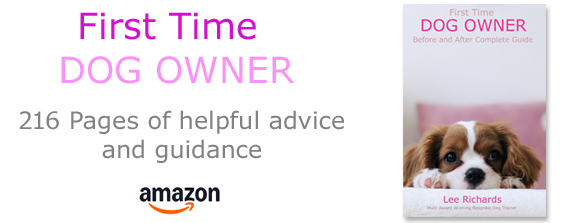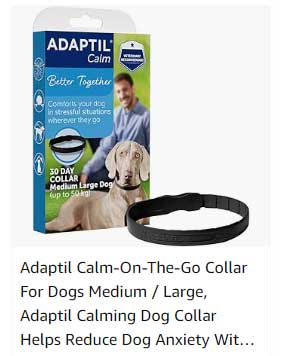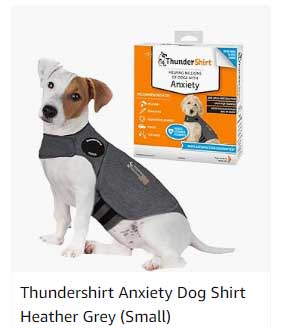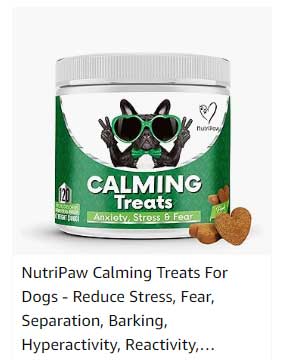Dog anxiety is a common issue faced by pet owners, affecting millions of dogs worldwide.
Whether stemming from separation anxiety, fear of loud noises, or general nervousness, anxiety in dogs can significantly impact their quality of life and their relationships with humans.
Fortunately, dog anxiety medications can help manage these conditions and promote a calmer, happier dog.
What Are Dog Anxiety Medications?
Dog anxiety medications are pharmaceutical treatments designed to alleviate the symptoms of anxiety in dogs.
These medications work by stabilizing mood, improving brain chemistry, or helping the dog manage stressors in their environment.
They come in various forms, including pills, capsules, and sometimes even flavored chewables, making it easier for pet owners to administer them.
Common Types of Dog Anxiety Medications
1. Selective Serotonin Reuptake Inhibitors (SSRIs):
SSRIs, such as fluoxetine (commonly known as Prozac), are often prescribed to help manage anxiety.
They work by increasing serotonin levels in the brain, which can enhance mood and reduce anxiety.
These medications typically take several weeks to show full effects, and it’s essential to follow a veterinarian’s guidance for dosage.
2. Benzodiazepines:
Drugs like diazepam (Valium) and alprazolam (Xanax) fall into this category.
They are used for short-term relief of anxiety symptoms and can be effective in situations such as thunderstorms or fireworks.
However, they carry a risk of dependency and should only be used under the supervision of a veterinarian.
3. Tricyclic Antidepressants (TCAs):
Medications like clomipramine (Clomicalm) can also be beneficial for dogs suffering from anxiety.
Similar to SSRIs, TCAs take time to build up in the system and usually require a vet’s prescription.
4. Natural Remedies:
In addition to conventional medications, some pet owners explore holistic approaches.
Supplements containing ingredients like L-theanine, valerian root, or chamomile can have calming effects.
While these natural remedies may not be as potent as pharmaceuticals, they might be appropriate for mild anxiety cases.
When to Consider Medication
Deciding to medicate your dog for anxiety is a significant choice, and it’s not one to take lightly.
It’s essential to consider medication when other remedies, such as behavioral training, environmental changes, or natural supplements, have not yielded sufficient results.
Here are some indications that medication may be appropriate: – Persistent anxiety that affects the dog’s quality of life – Severe reactions to specific triggers (like loud noises) – Behaviors that could lead to self-harm or destruction of property – Difficulty integrating with other pets or people
Consultation with a Veterinarian
Before starting any medication for your dog’s anxiety, a thorough consultation with a veterinarian is crucial.
They can assess your dog’s specific needs, rule out any underlying health issues, and recommend the most appropriate treatment plan.
It’s also important to discuss potential side effects and monitor your dog’s behavior closely after starting any new medication.
Complementing Medication with Training and Lifestyle Changes
While anxiety medications can provide relief, they are most effective when combined with behavioral training and lifestyle adjustments.
Techniques such as positive reinforcement training, counter-conditioning, and desensitization can help reduce anxiety without the need for medication.
Creating a stimulating and enriching environment, regular exercise, and establishing a calming routine can also make a significant difference.
Conclusion
Dog anxiety medications can be a valuable tool in the toolkit of any pet owner dealing with an anxious dog.
By understanding the different types of medications available and working closely with a veterinarian, you can find the best approach to manage your dog’s anxiety effectively.
Ultimately, the goal is to help your furry friend lead a happy, healthy, and stress-free life, and with the right support, that’s entirely achievable.










